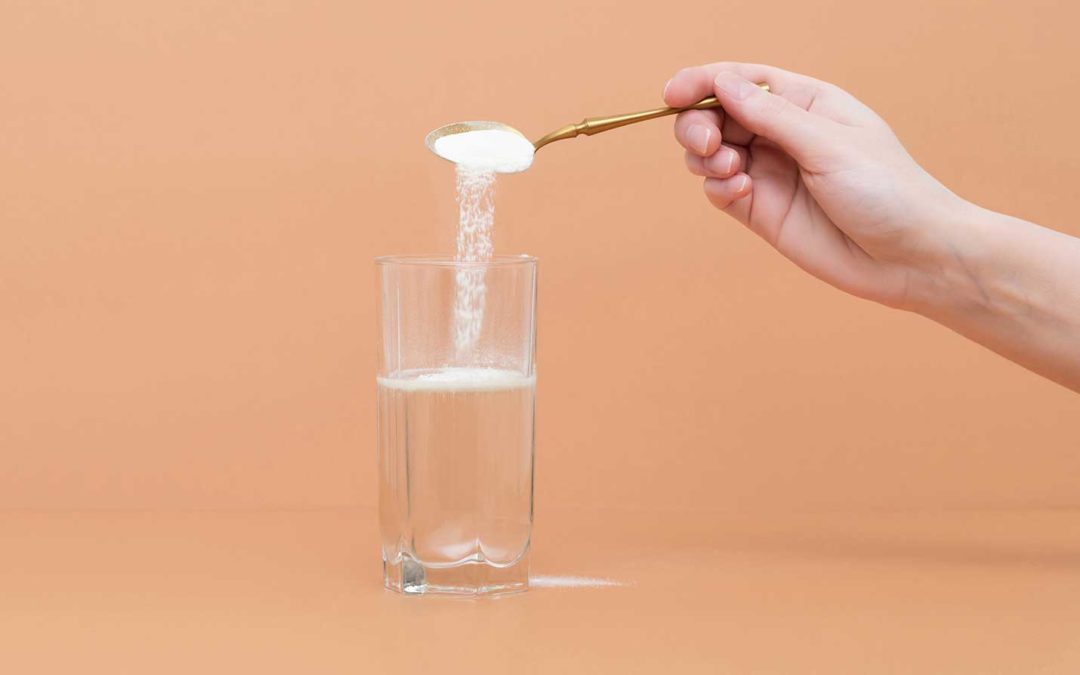With less than two years to comply with the new U.S. Food and Drug Administration (FDA) nutrition labeling rule for fiber, countless food, beverage and supplement manufacturers are nervous about their formulas. If the fiber in their product doesn’t meet the new requirements within two years, everything from packaging to advertising may need to change, which is not something that can be done overnight.
Those using Sunfiber, however, are confident about moving forward. That’s because the FDA has already confirmed that Sunfiber – partially hydrolyzed guar gum (phgg) – qualifies as a dietary fiber under its new, more stringent definition.
Fiber must have clinical evidence to substantiate functional claims
In May 2016, the FDA re-defined dietary fiber as a fiber that has a “physiological effect that is beneficial to human health.” This means that instead of an analyzed content claim, companies will need to include fibers that deliver an actual health benefit to consumers.
On August 19, 2016, the FDA’s Department of Health & Human Services confirmed that Sunfiber® is supported by sufficient scientific evidence and is included in their dietary fiber definition for guar gum.
“Taiyo is pleased that the FDA has strengthened its definition of fiber and agrees that fibers should deliver actual, clinically substantiated health benefits. In addition to the reduction in blood cholesterol levels that the FDA included in its definition, Sunfiber is backed by more than 100 clinical studies,” says Scott Smith, Taiyo International.
“We’re hearing from companies looking beyond cost to what’s best for their brands and for consumers, without having to deal with the negatives associated with a number of alternative fibers such as excess gas, bloating, cramping and loose stools,” continues Smith.
Formulators also appreciate that Sunfiber is tasteless, colorless and odorless. It blends invisibly without changing the texture of the food or beverage. Smith adds, “Sunfiber is well positioned to meet our customers’ needs. We are gratified that the FDA recognized Sunfiber’s physiological benefits in its pre-approved list of dietary fibers.”
More reasons why formulators are turning to Sunfiber
Sunfiber is a soluble, transparent and tasteless dietary fiber. It is low in viscosity, is stable at various pH levels, and is resistant to heat, acid and digestive enzymes. In addition to its blood glucose benefits, Sunfiber has strong prebiotic characteristics that stimulate health-promoting indigenous bacteria such as Lactobacilli and Bifidobacteria. While other soluble fibers may actually exacerbate gastrointestinal conditions, leading to loose stool or diarrhea, Sunfiber has been shown to be “a true regulating fiber”.
Sunfiber helps with occasional constipation and uniquely helps reduce occasional diarrhea, returning stool content to a normal, healthy state. Sunfiber also offers a more comfortable, healthy satiety effect. It has a slow fermentation rate, improves gastric transit time and triggers the release of satiation-inducing hormones, resulting in a comfortable state with reduced hunger cravings.
Sunfiber is all natural, certified Kosher and HALAL, 100 percent gluten-free and vegetarian. Furthermore, it recently achieved several significant milestones of interest to food, beverage and supplement manufacturers.
- Health Canada has approved Sunfiber for use as a dietary fiber source, based on clearly demonstrated safety and clinical evidence that the addition of Sunfiber to foods, results in more than 20 percent reduction in postprandial blood glucose levels.
- Sunfiber also carries Health Canada-approved health claims related to its effectiveness in treating symptoms of Irritable Bowel Syndrome (IBS), as well as its ability to relieve intestinal issues related to childhood constipation.
- Sunfiber is now Non-GMO Project Verified.
To review Sunfiber’s clinical studies, and learn more about formulating with Sunfiber, visit www.Sunfiber.com.
